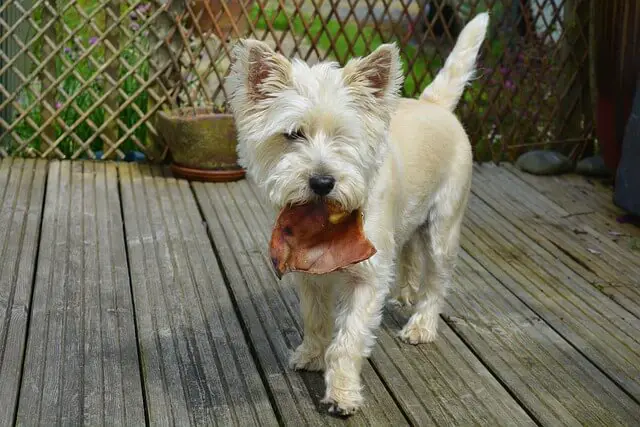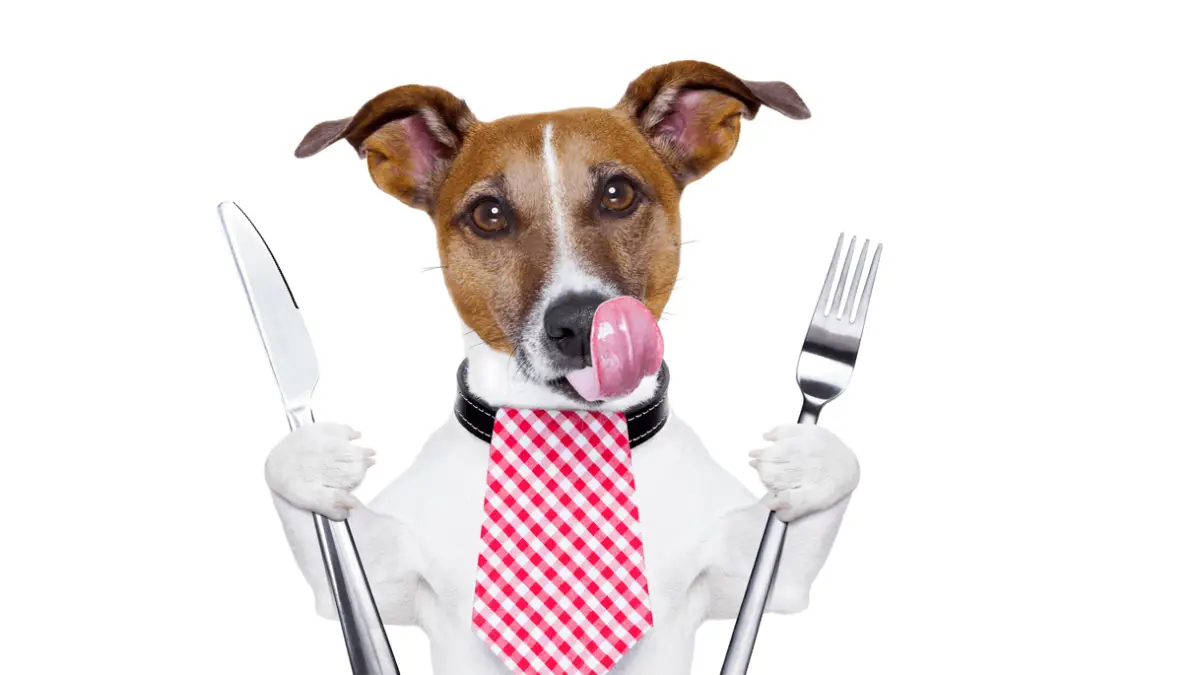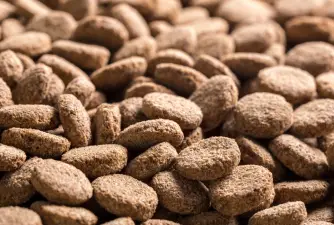Reasons Why Your Dog Is Always Hungry
09.01.2023.
We all know that dogs are crazy about food, and whenever there is some kind of food within their sight, they will immediately come closer, begging for some. While it is normal for dogs to ask for treats or some of your food because it looks so delicious, there could be a situation where your dog is fully fed but acts as if he didn't eat.
Most dog owners understand that if their dogs start to refuse food, something is wrong, and they need to contact their vet, but what most of them don't understand is that increased appetite in dogs could also indicate certain health conditions, some of which are dangerous, and owners should also be alerted and take things seriously.
Increased appetite in dogs doesn't happen that much, compared to decreased appetite, but for you as a dog owner, it is best to be prepared and to fully understand this health issue and how it can affect your dog to be able to help him in a time of need.

Why is my dog hungry all the time?
Every dog will like to eat – dog food, treats, human food, etc., but the problem can arise if it seems that your dog is always hungry, and no matter how much you feed him, he is always asking for more. Certain things and health issues can trigger increased appetite in dogs, some of them being serious.
The best thing you can do now checks for other symptoms that could indicate something is bothering your dog. Every health issue will have some unique symptoms, and they will reveal the reason behind the increased appetite for your dog.

What are the symptoms of increased appetite in dogs?
Whenever your notice strange behavior or some symptoms with your dog, you should be alerted and watch your dog more closely. Any deviation from normal behavior could indicate that something is bothering your dog.
That said, if your dog has an increased appetite, these are the other symptoms he could exhibit:
- Vomiting
- Diarrhea
- Increased thirst
- Increased dehydration
- Weight gain or loss
- Eating non-edible items
- Lethargy
- General weakness
- Bloating
- Panting
- Trembling
- Depression
Depending on the main cause behind the increased appetite, symptoms could vary, and your dog will not show all of the listed symptoms above. Even seeing one of the listed symptoms should be enough to contact your vet and explain to him what is happening.
What are the main causes of the increased appetite in dogs?
As we said earlier, different things and health issues can cause increased appetite in dogs. Some of them are harmless, while others could cause serious problems for your dog.
The most common reason behind increased appetite in dogs include
- Overfeeding
- Hypoglycemia
- Stress or anxiety
- Different infection
- Pregnancy
- Aging
- Diabetes
- Gastrointestinal disorders
- Cushing disease
- Different medications
- Cancer

To fully understand the main cause, your dog should be examined by your vet, and in most cases, you will not be able to figure out the main reason behind the increased appetite.
What to do if your dog is always hungry?
You are the one that knows your dog the best. You should be alerted whenever you see some unusual patterns in his life, including increased appetite. This cannot happen as a mistake, and if your dog is showing increased appetite and also if you can notice any other symptoms, you should immediately contact your vet and schedule the meeting.
The faster you act, the better the chances of your dog's recovery if we are talking about more serious health issues. Contacting your vet should be the number one thing you should do.
How do vets diagnose this problem?
Your vet will have to run a few tests to diagnose this problem. Whenever you notice some symptoms that your dog is showing, you need to write them down and later tell them to your vet. Because of their experience, your vet could understand what is bothering your dog based on those symptoms.
Further, your vet will make a physical examination of the dog and might request some further testing to get a complete picture of his health.
Additional tests your vet could request can include
- Blood work
- Urinalysis
- Parasites test
- Ultrasound
- Serum biochemical profile
- Radiographs
- Endoscopy
- CC scan
- MRI scan

Of course, your vet will not request all the mentioned tests but rather the ones that he thinks will give him the best picture of what exactly is bothering your dog.
What is the correct treatment for this problem?
The right treatment will be set after your vet diagnose the main source of increased appetite. Since many different health issues can cause this problem, the treatment can also vary. After your vet sets the treatment for your dog, you must follow his instruction for your dog to recover as fast as possible.
When should I be worried about my dog's eating habits?
Your dog's eating habits can tell you a lot about his health. Whenever you notice changes from the usual patterns, you should be concerned. No matter if we talk about a decrease or increase in eating. For the majority of health issues, changes in eating habits will happen right away, and this should be an indication that something is off.
At that moment, if you are not sure what is bothering your dog, you should call your vet. In most cases, changes in eating habits will not indicate anything serious, but there could be a situation where your dog has some serious underlying condition. Because of this, it is important that you immediately take action.
World Dog Finder team







Share